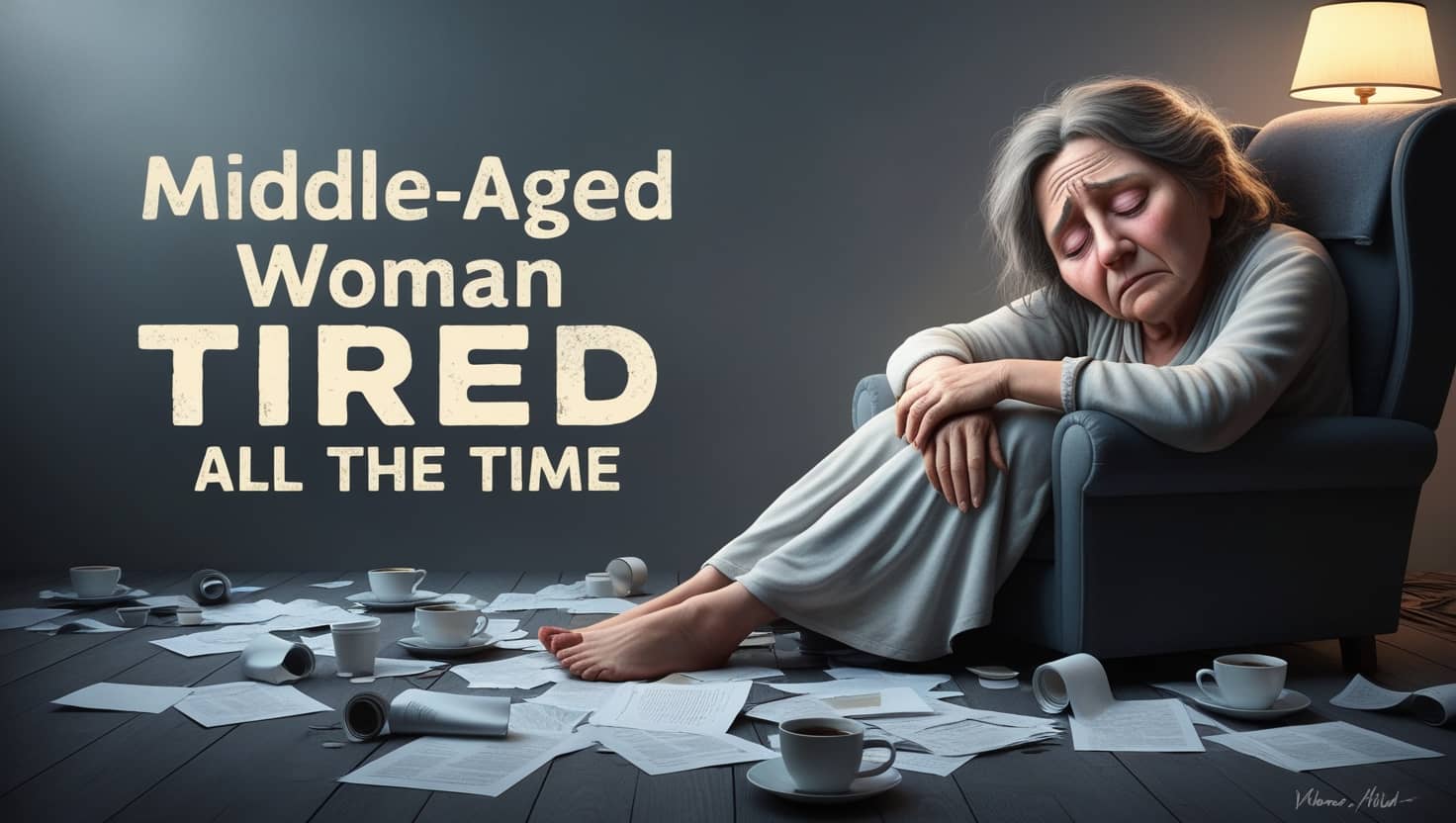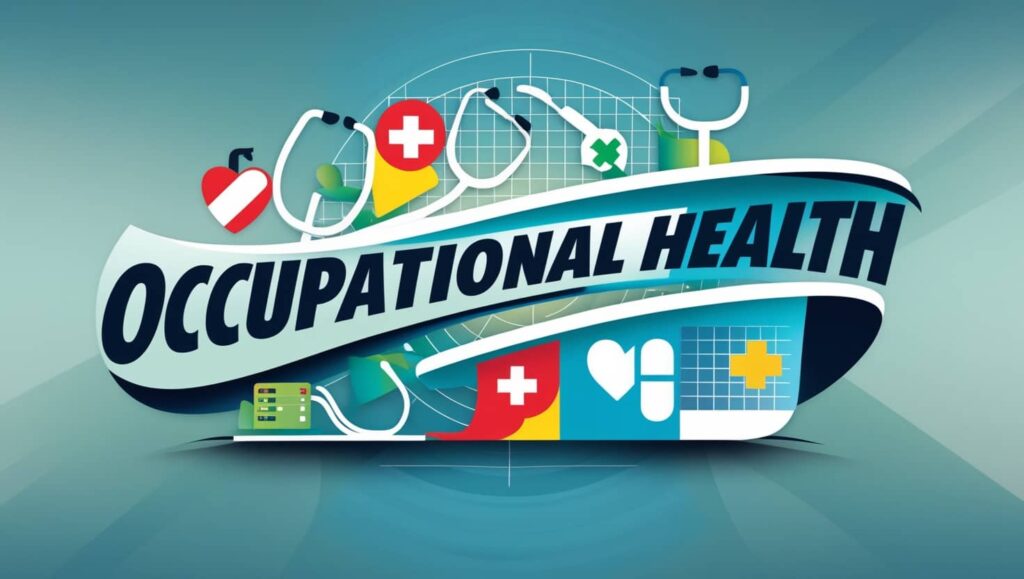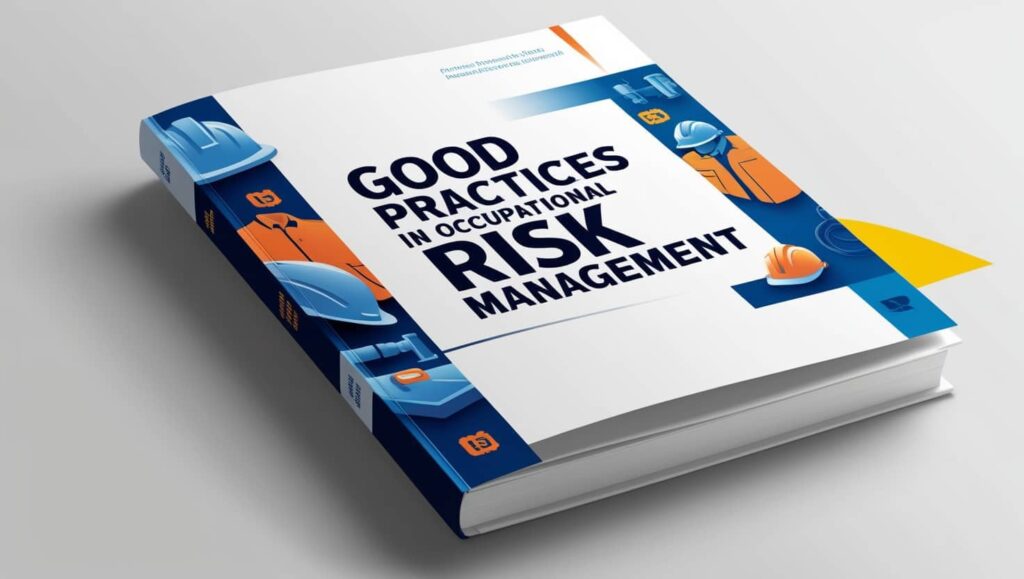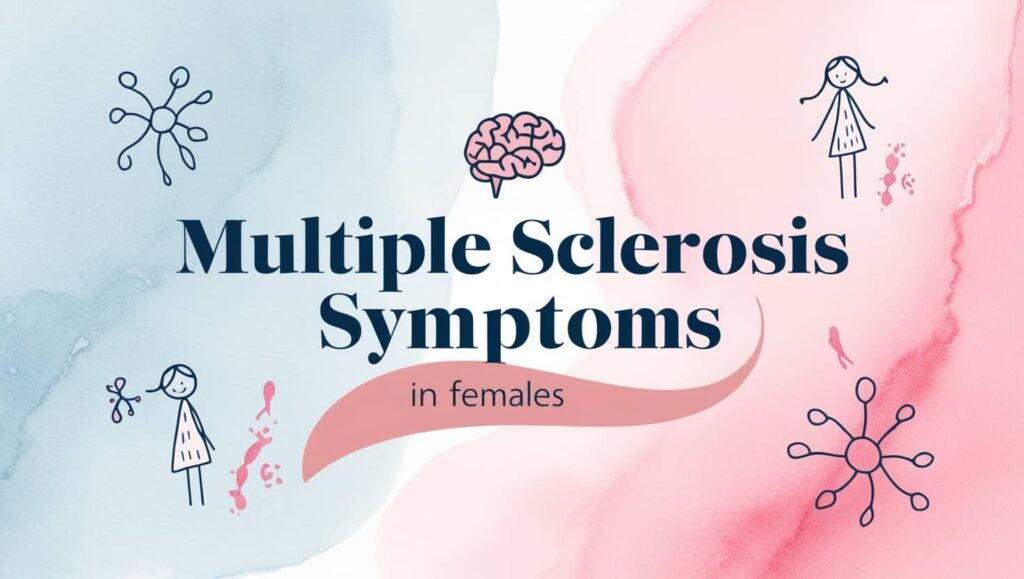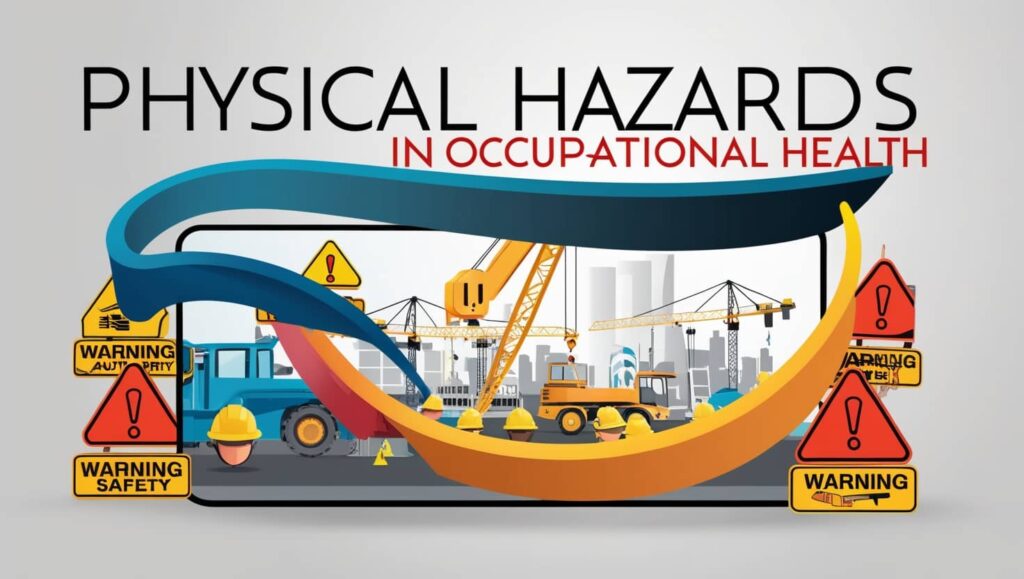Changes in hormones during periods, pregnancy, and perimenopause can make women over 40 feel tired all the time, which can affect their health, mood, and ability to sleep. Being tired all the time can make you more likely to get diseases related to tiredness, such as multiple sclerosis (MS) and chronic fatigue syndrome. This article covers ways to get more energy, such as making changes to your food and lifestyle and learning how to deal with stress.
Why Women Over 40 Feel Exhausted All the Time?
- Female fatigue and low energy are common and can be caused by various factors, including lifestyle factors, medical conditions, and hormonal imbalances.
- Iron deficiency anemia, thyroid problems, heart disease, chronic obstructive pulmonary disease (COPD), polycystic ovary syndrome (PCOS), endometriosis or adenomyosis, nutritional deficiencies, sedentary lifestyles, alcohol consumption, sleep apnea, insomnia, depression, stress and anxiety, hormonal fluctuations, painful bladder syndrome, chronic fatigue syndrome, multiple sclerosis (MS), fibromyalgia, and lupus.
- Iron deficiency anemia is a condition where the body lacks iron to produce healthy red blood cells.
- Thyroid problems, such as hypothyroidism or hyperthyroidism, can also contribute to fatigue.
- Heart disease is the top cause of death in women in the United States, and fatigue can be a symptom of heart disease or heart attack.
- Chronic obstructive pulmonary disease (COPD) affects about half of people with COPD, and polycystic ovary syndrome (PCOS) affects up to 13% of women of reproductive age.
- Endometriosis or adenomyosis are gynecologic conditions associated with fatigue.
- Nutritional deficiencies such as iron, vitamin D, and vitamin B12 can contribute to fatigue.
- A sedentary lifestyle can make you feel more tired than rested, while alcohol can make you drowsy and interfere with quality sleep.
Sudden fatigue in females can be caused by burnout fatigue, caregiver burnout, perimenopause, dehydration, seasonal allergies, viral infections, and lack of sleep due to shift work or jet lag. Burnout fatigue is more common among women, with household chores and caregiver burnout being more prevalent.
Dealing With Constant Fatigue
- Increase circulation by stretching, particularly after extended periods of sitting.
- A 15-minute walk can help you feel energetic.23
- Drink plenty of water because even minor dehydration can cause fatigue.
- Take a cool shower or splash your face with cold water.
- Step outside and breathe in some fresh air.
- Instead of having three larger meals a day, have wholesome snacks and meals every three to four hours.
- Develop a weekly aerobic exercise regimen until you achieve two hours and thirty minutes of moderate-intensity activity.23
- Go to bed and wake up at the same time every day.
- Make sure your bedroom is calm, cool, and dark.
- To reduce stress, practice yoga, meditation, deep breathing, or other relaxation methods.
Read Also: Symptoms of Low Blood Pressure in Females
When to Seek Medical Advice?
If you feel tired for no apparent reason for several weeks, you should see a doctor to find out what’s wrong. Once the problem is known, the tiredness may go away if it is taken care of. If you think that your tiredness is caused by an emotional or mental health problem, like anxiety or sadness, seeing a therapist might help.
References
- Santoro, N. (2016). Perimenopause: From research to practice. Journal of Women’s Health, 25(4), 332–339.
- Cerrato, J., & Cifre, E. (2018). Gender inequality in household chores and work-family conflict. Frontiers in Psychology, 9, Article 1330.

